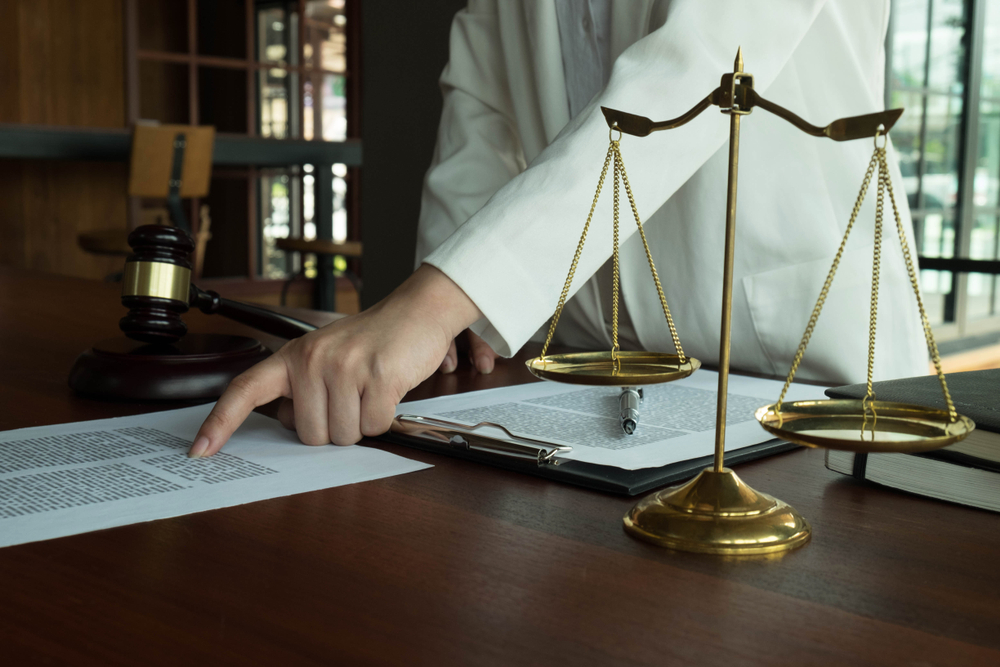By Carla Weiss, Nichols Law LLP
The Government Accountability Office (GAO) has officially implemented a revised pleading standard for bid protests. This change, announced in Warfighter Focused Logistics, Inc. (B-423546), marks the most significant update to GAO’s pleading requirements in years.
This development stems from the FY2025 National Defense Authorization Act, which required GAO to propose enhanced pleading standards for protests involving Department of Defense procurements.
GAO responded to Congress in July 2025, proposing a new standard that requires protest allegations to be credible and supported by evidence. GAO officials discussed this proposed change during recent congressional testimony, explaining the rationale behind the revision and how it would bolster GAO’s ability to quickly resolve protest allegations that are unsupported by evidence.
What Changed—and What Didn’t
GAO’s Bid Protest Regulations require that protests include a detailed statement of the legal and factual grounds of protest and that the grounds be legally sufficient. 4 C.F.R. § 21.1(c)(4) and (f). The previous standard allowed protesters to provide “either allegations or evidence sufficient, if uncontradicted, to establish the likelihood of the protester’s claim of improper agency action.” Critics argued this created confusion about whether bare allegations alone could satisfy GAO’s requirements.
In Warfighter, GAO articulated a revised pleading standard that requires protesters to provide “credible allegations that are supported by evidence and are sufficient, if uncontradicted, to establish the likelihood of the protester’s claim of improper agency action.” GAO adopted this enhanced standard to resolve perceived ambiguity in how it evaluates protest allegations.
GAO’s decisions had already stated that “bare allegations” or allegations based on “information and belief” were insufficient. Nevertheless, GAO acknowledged that this previous formulation “may have created a perception that allegations standing alone are sufficient to meet our pleading standards.”
The new standard resolves this ambiguity by requiring both credible allegations AND supporting evidence. This dual requirement makes clear protesters cannot rely on speculation or conclusory statements.
Clarification, Not Revolution
GAO characterizes this change as essentially a reformulation of the previous pleading standard rather than as a heightened or more stringent requirement. At first blush, this revision is unlikely to create a sea change in bid protest practice. While Congress had asked GAO to propose a standard for protests involving DoD procurements, the Warfighter decision applies the new standard to all protests, indicating that GAO views the change as a natural evolution of existing practice rather than a dramatic departure. Additionally, GAO’s historical approach already favored well-supported allegations, routinely dismissing protests based on speculation or unsupported claims. The new language makes this requirement explicit.
Where this change may matter are the borderline cases where protesters previously attempted to survive initial screening with thin factual support, hoping to develop their case through discovery in the Agency Report. These marginal protests must now include credible, evidence-backed allegations or face dismissal.
The real test will be how GAO applies this standard in practice. If the agency begins dismissing protests that might have survived under the previous formulation, the impact could be more significant than the language suggests.
For now, protesters should ensure their initial filings connect factual evidence—documents, witness statements, and technical analyses—to legal theories. Experienced protest counsel can guide companies towards exceeding this threshold.

